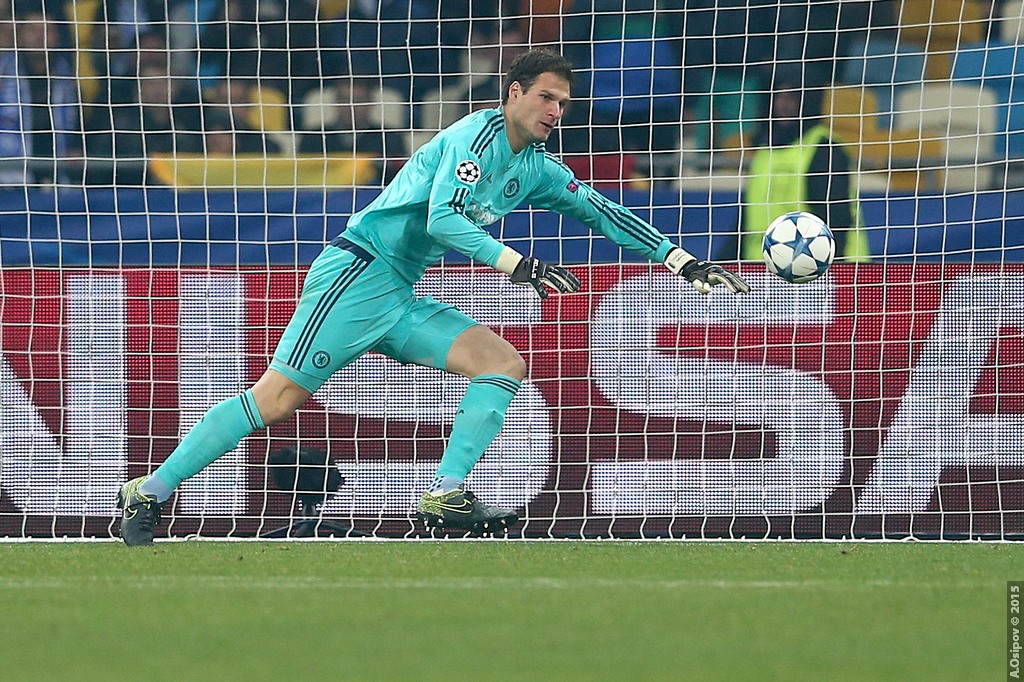There’s a dark cloud behind rising rights fees in the Balkans
November 18, 2022
With FIFA catching so much flak for the Qatar World Cup, it’s easy to see the blowback that can result when rights owners overlook the societal dimensions of their decisions.
Indeed, FIFA and the IOC have become perennial targets. For other rights owners that operate globally ‘business as usual’ rarely attracts attention outside the countries that are impacted.
A case in point is the sale of TV rights in the former Yugoslavia, where media competition appears to be endangered, with possible repercussions for news and opinion.
The English Premier League recently concluded a bumper deal in the Balkans that increased its rights fees nearly ten-fold. The new owner of EPL rights for 2022-28, Arena Sport TV, is paying an estimated €100 million per year. The previous partner, Sports Klub, was paying only about €12 million.
Arena Sport TV has also snatched rights to the NBA and LaLiga from Sports Klub.
That’s great for the guys selling the rights, but the back story is not just about sports. Sport Klub belongs to a private telco and media company, United Group, owned by UK-based private equity giant BC Partners.
As part of the programming mix across its many channels, the company is a major news provider in the region.
Arena Sport TV on the other hand is owned by Serbia’s state-owned telco, Telekom Srbija, whose leadership has close ties to the ruling Serbian Progressive Party. The current president of Serbia, Aleksandar Vučić, has a questionable track record in the media space, having been minister of information under Slobodan Milošević, when he was widely criticised for restrictive policies.
It may well be that sports rights in this case are being used as a tool not only to take subscribers from the competition but also to suck oxygen from channels not controlled by the government. It’s hard to make sense of the disproportionate rights fees Arena Sport TV is paying unless there is a wider purpose.
Indeed, during the negotiations for the rights in mid-2021, Peter Horrocks, former director of BBC World Service, sent a letter to Premier League CEO Richard Masters expressing dismay about the situation.
He wrote: “I sit on the editorial board of N1, one of the last sources of reputable, independent news in Serbia. N1 is also broadcast across the region. Independent news and information services in Serbia, including N1, are increasingly at threat from a government intent on silencing its critics and stifling media freedom.
“I am concerned that the broadcasting rights to the Premier League are now being used in the furtherance of this cause.”
The letter said: “Telekom Srbija is using state funds in order to make aggressive bids for major football tournaments. As a state-owned company, Telekom Srbija’s objective in owning football rights is political and not commercial. It is designed to starve competition in the pay TV market by taking customers away from independent providers. By switching to a TV package provided by Telekom Srbija, customers lose all access to independent news channels, like N1. The result is a package of channels controlled by the state that presents little more than party propaganda.”
The letter continued: “The Serbian government’s assault on media freedoms is well documented. Since 2014, Serbia has fallen from 54/180 to 94/180 in the Reporters Without Borders (RSF), World Press Freedom Index. According to the 2021 RSF report Serbia is a country with “weak institutions that is prey to fake news spread by government-backed sensational media, a country where journalists are subjected to almost daily attacks that increasingly come from the ruling elite and pro-government media.”
The former BBC World Service chief concluded: “It is my firm belief that Arena Sports’ over-priced bid to broadcast the Premier League can be explained by the Serbian authorities’ desire to further weaken competition in the media market and exert its control over the minds of the population. I would like to understand what due diligence the Premier League puts on the broadcasters that it chooses to engage with, particularly when dealing with state-owned companies in areas where democratic freedoms are at risk.”
Sport Klub is still number one in the region. Formula 1, ATP and Euroleague basketball remain on a rich schedule. United Group’s operations also extend into Bulgaria and Greece.
But ex-Yugoslavia is the core market and things there have changed.
By Jay Stuart, iSportConnect’s Content Director


